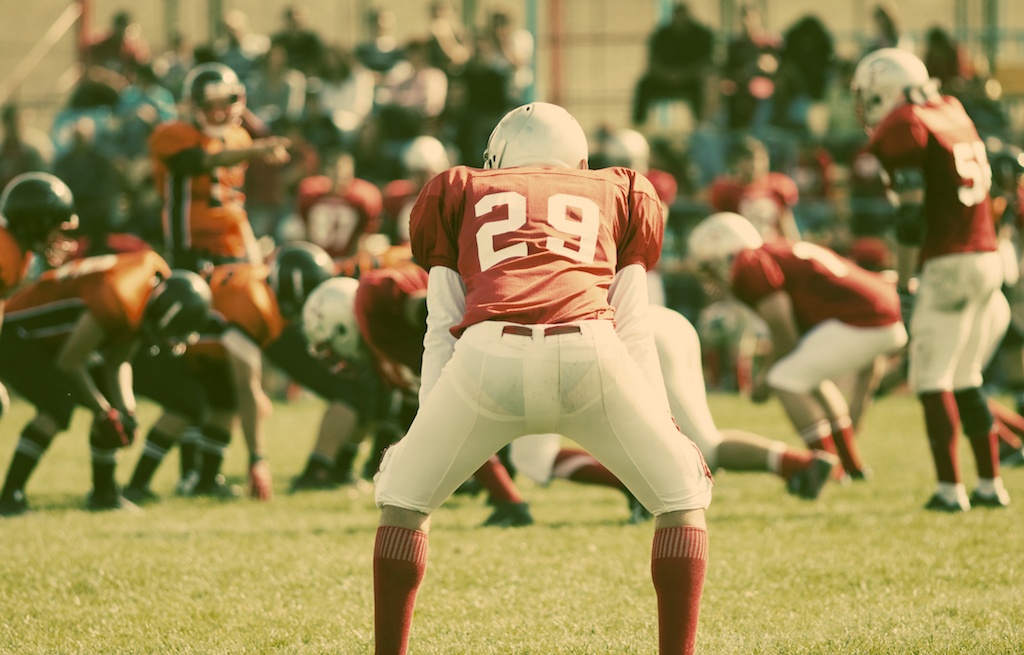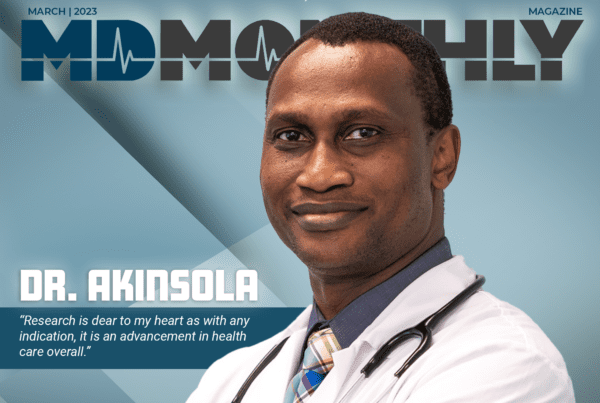With football season in high gear, many can find themselves engaged in an impromptu game in the backyard. While the shoves and tackles may be made in fun, America’s favorite pastime does warrant caution when it comes to concussions.
“A concussion is a type of traumatic brain injury that’s caused by a blow or jolt to the head,” says Dr. Michael Fuentes, Medical Director of Corpus Christi Rehabilitation Hospital. “It also can occur by a fall or blow to a person’s body that causes the head to move back and forth.” The Centers for Disease Control and Prevention estimate that about 1.3 million people suffer from concussions every year. This may be a conservative estimation with the actual number much higher due to unreported or undiagnosed cases.
“Concussions usually aren’t life-threatening, so many may dismiss the seriousness of them,” says Fuentes. “I’ve even heard healthcare professionals refer to concussions as ‘mild’ brain injuries, but, all brain injuries are serious.” And, football players are not the only ones at risk for concussions. Anyone can suffer a concussion from any sport or activity.
The Centers for Disease Control and Prevention estimate that about 1.3 million people suffer from concussions every year.
The signs and symptoms of a concussion may be difficult to sort out, some may occur right away while others may not be noticed until days or months after the injury. “With long-term effects, a person may look fine, but may act and feel differently without realizing that this is a result of the concussion,” explains Fuentes.
Some symptoms of concussions to look for both at the time of injury and later on include:
- Difficulty in thinking clearly, concentrating or remembering things
- Feeling “slowed down,” tired or having no energy
- Blurry vision
- Headaches
- Nausea or vomiting (close to when the injury occurs)
- Dizziness and balance problems
- Light sensitivity
- Irritability, sadness, nervousness, or in general, more emotional than usual
- Changes in sleeping habits, more or less than usual, or having trouble falling asleep
Severe symptoms that would require immediate emergency medical attention include:
- A headache that gets worse and won’t go away
- Weakness, numbness or decreased coordination
- Repeated vomiting or nausea
- Slurred speech
- Loss of consciousness or severe drowsiness
- One pupil of the eye is larger than the other
- Convulsions or seizures
- Inability to recognize people or places
“Early treatment of concussion symptoms can help speed recovery and prevent further injury down the road,” Fuentes says. “Ignoring concussion symptoms usually makes the symptoms worse.” This is because after a concussion occurs, the torn or stretched brain cells need the body’s energy to heal. Thus, rest is essential. If a person doesn’t rest, more of the body’s energy is used on activities and less energy goes to help the brain, resulting in making the symptoms reappear or even worsen.
“Beyond rest, the most beneficial way to treat a concussion is to slowly reincorporate physical and cognitive activities into a person’s lifestyle with a health professional,” says Fuentes. “By doing this, a person usually can progressively return back to normal daily functions. And that, in my opinion, is using your head!”
Corpus Christi Rehabilitation Hospital is a 35-bed, free-standing facility providing intensive physical rehabilitation services to patients recovering from strokes, head and spinal cord injuries, and other impairments as a result of injury or illness.
For more information visit www.CCRH.ernesthealth.com or call 361.906.3700. Corpus Christi Rehabilitation Hospital is located at 5726 Esplanade Dr. in Corpus Christi, TX 78414.







Recent Comments